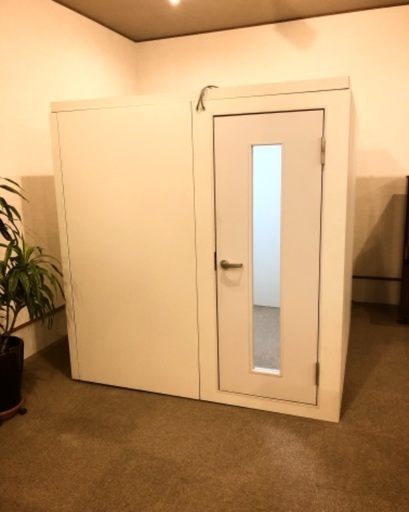-
シーンから探す
- ホンダ
- パーツ
- 貨幣
- オートバイ車体
- ポケモンカードゲーム
- ファッション小物
- 工具、DIY用品
- オーディオ機器
- クラブ
- フィギュア
- シャツ
- オートバイ車体
- スニーカー
- その他
- ルアー用品
- 腕時計(アナログ)
- フィギュア
- その他
- ジャージ
- ドレス/ビジネス
- その他
- トートバッグ
- リュック/バックパック
- オートバイ
- コミック/アニメ
- マフラー・排気系
- テント/タープ
- オートバイ車体
- リング
- 虫類
- スリーブ
- 優待券/割引券
- 印刷物
- 美術品
- アマチュア無線
- その他
- 工具、DIY用品
- オーディオ機器
- サスペンション
- ロングワンピース
- コミック/アニメ
- 映像機器
- ロッド
- 美術品
- ぬいぐるみ
- ライダースジャケット
- オーディオ機器
- シャツ
- ブレスレット
- ロングスカート
-
贈る相手から探す
- ポケモンカードゲーム
- その他
- キャラクターグッズ
- デジタルカメラ
- クラブ
- オートバイ
- その他
- スポーツ
- メンズファッション
- エフェクター
- 家庭用ゲーム本体
- 店舗用品
- オーディオ機器
- Tシャツ/カットソー(半袖/袖なし)
- バッグ
- ジャケット/アウター
- 雑貨
- ロングワンピース
- その他
- その他
- ロングワンピース
- サングラス/メガネ
- ギター
- 弦楽器、ギター
- 岡山県のその他
- オーディオ機器
- その他
- ダイニングテーブル
- オートバイ
- トートバッグ
- パーカー
- 自動車
- レコーディング/PA機器
- 乗車券、交通券
- ノートPC
- カメラ、光学機器
- その他
- サンダル
- トップス
- ライダースジャケット
- オートバイ車体
- ダウンジャケット
- 管楽器
- 楽器、器材
- キャラクターグッズ
- コミック/アニメ
- スポーツ別
- 大阪府のその他
- マウンテンパーカー
- その他
- その他
- ブランド腕時計
- トレーニング用品
- カメラ
- カテゴリから探す
- おまとめ注文・法人のお客様
ベスト 戦闘機ヘルメット NASA宇宙飛行士用 ゲキレア
-
商品説明・詳細
-
送料・お届け
商品情報
残り 8 点 189,000円
(619 ポイント還元!)
翌日お届け可(営業日のみ) ※一部地域を除く
お届け日: 11月29日〜指定可 (明日16:00のご注文まで)
-
ラッピング
対応決済方法
- クレジットカード
-

- コンビニ前払い決済
-

- 代金引換
- 商品到着と引き換えにお支払いいただけます。 (送料を含む合計金額が¥291,028 まで対応可能)
- ペイジー前払い決済(ATM/ネットバンキング)
-
以下の金融機関のATM/ネットバンクからお支払い頂けます
みずほ銀行 、 三菱UFJ銀行 、 三井住友銀行
りそな銀行 、ゆうちょ銀行、各地方銀行 - Amazon Pay(Amazonアカウントでお支払い)
-


































(2023年 2月 18日 11時 55分 追加)
酸素マスク付きです。
(2023年 2月 22日 11時 18分 追加)
戦闘機ヘルメットは、本物です、オブジェとして飾っていました、
ヘルメットのビニールのハゲはマスクの金具があたる所がハゲていますが、ヘルメットの外観は綺麗です。
一度もかぶっていません。
よろしくお願い申し上げます。
(2023年 3月 4日 13時 47分 追加)
プライドパィロットです。
戦闘機のヘルメットを集めて、おります。
NASAのヘルメットはかなり、ゲキレアな物です。
(2023年 3月 6日 16時 22分 追加)
ヘルメットのビニールの剥がれは、マスクを付けると、見えなくなります。
(2023年 3月 13日 18時 00分 追加)
NASAから50万円で買いました。
(2023年 3月 14日 9時 57分 追加)
自分はプライベートパィロットで戦闘機ヘルメットを集めいます。
宇宙飛行士さんの紹介で、NASAのヘルメットを購入しました。
(2023年 3月 15日 23時 23分 追加)
日本人宇宙飛行士さんの紹介でNASAで買いました。